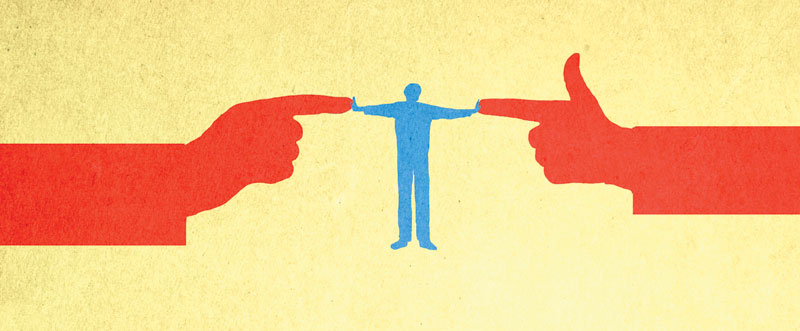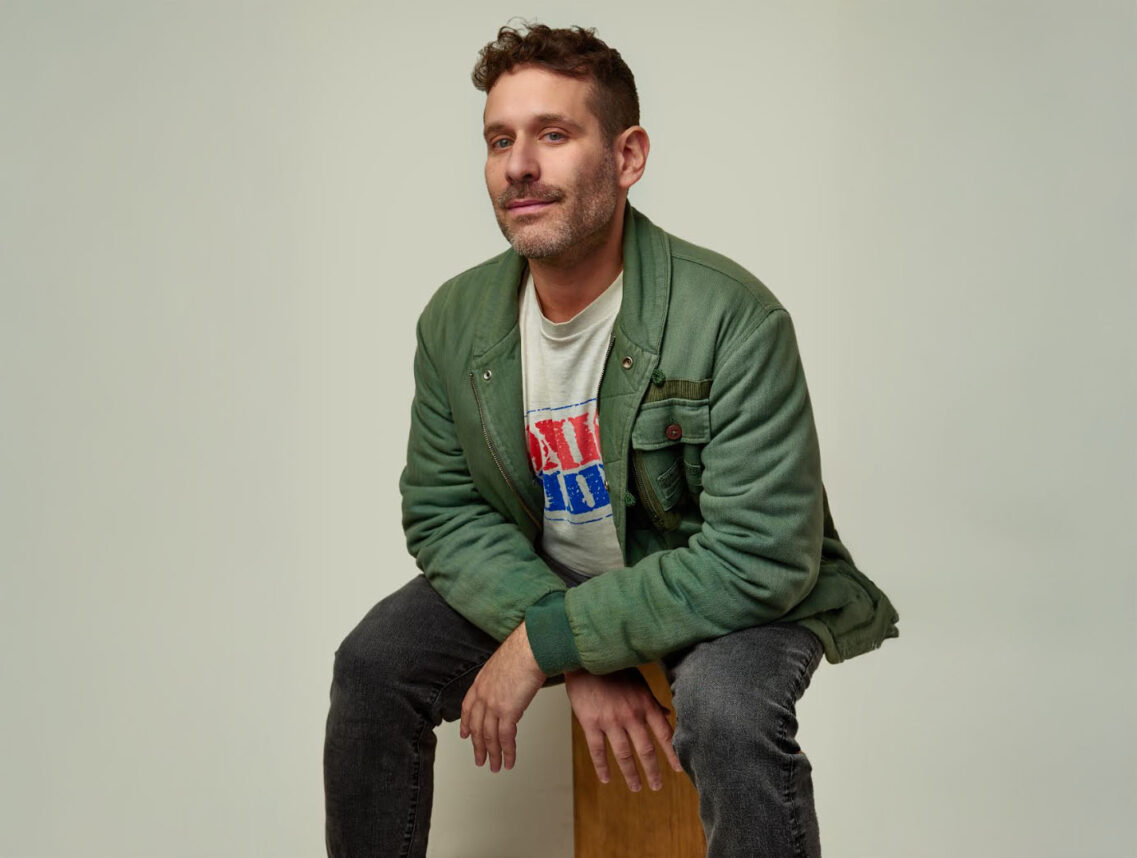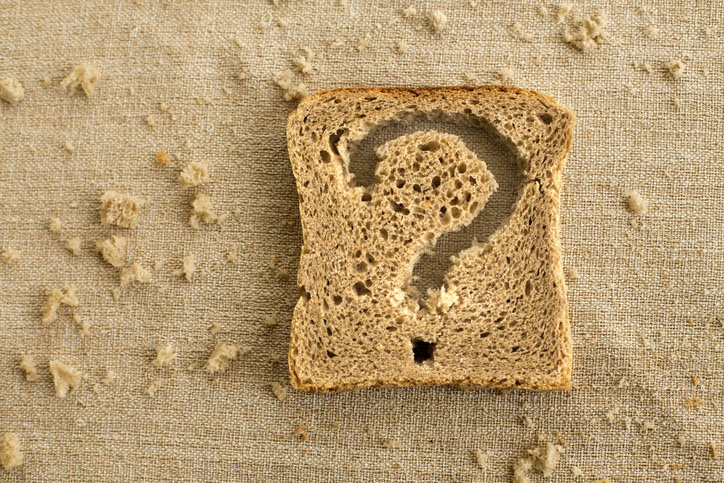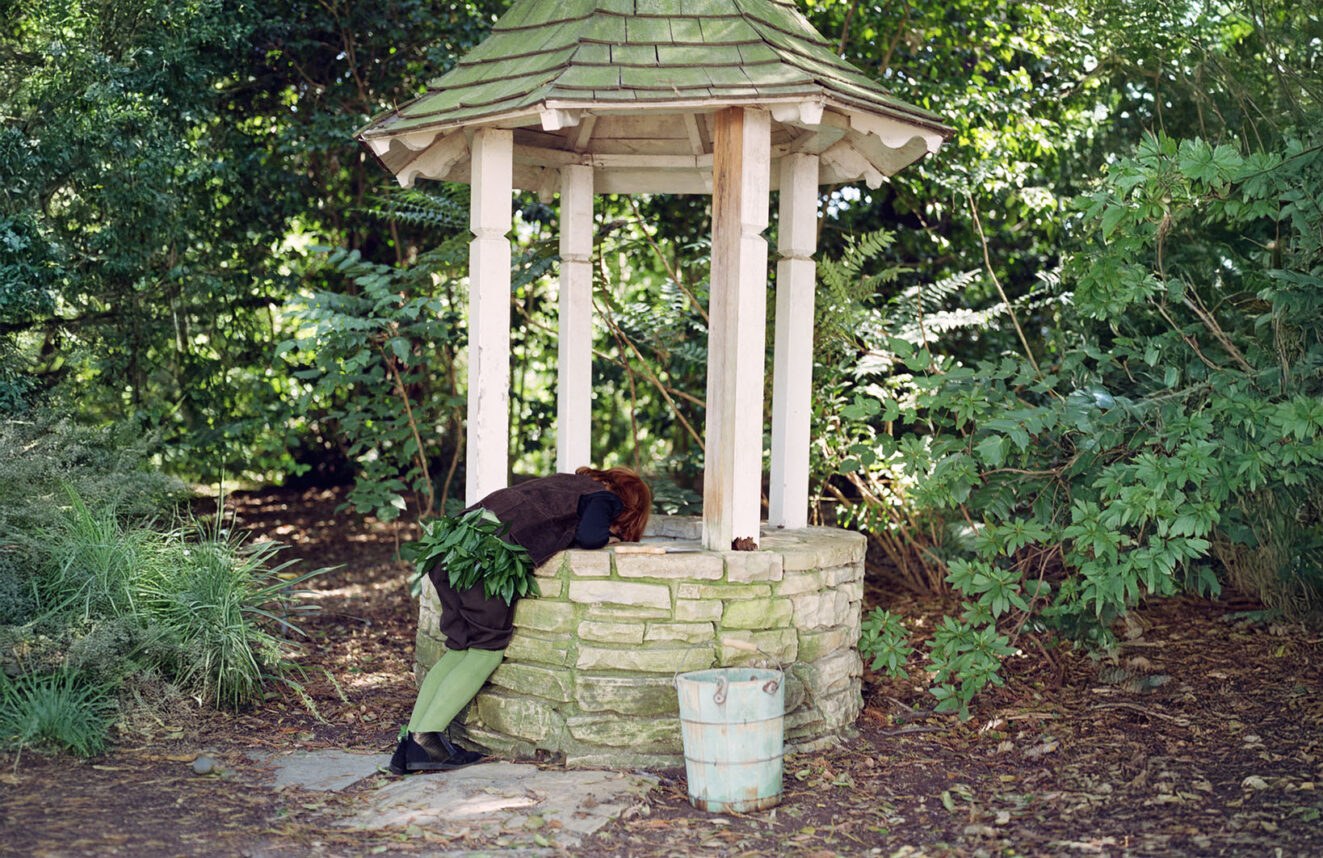
I was as shocked as anyone when movie megastar Will Smith walked on stage at the Oscars ceremony and smacked Chris Rock, who had made an unfunny joke about Smith’s wife.
But my shock continued when I saw the initial response from much of the entertainment community. A blizzard of tweets focused on the emotional context of the assault. Michaela Jae Rodriguez tweeted that “Sometimes human emotions happen. Sometimes human interactions happen. We can’t judge people based on their moments.”
Minnie Driver tweeted that “It was deeply personal. We were all privy to…emotions running really high. I really hope they will make up later. It’s hard to watch somebody’s pain like that.”
Of the numerous tweets I scrolled through, I couldn’t find one that spoke about…yes, the physical pain of getting smacked! I know that pain. I have ugly memories of a few fisticuffs in my childhood in Montreal with anti-Semites who didn’t enjoy seeing a yarmulke on my head on Shabbat.
I can’t speak for Chris Rock, but I can tell you that it hurt and stung to get smacked on the face– the way Rock got smacked by Smith. I’m not even talking about the public embarrassment in front of a global audience. I’m talking about simple physical pain.
Since the beginning of time, nothing has been more destructive to human societies than the crossing of that sacred red line when we violate other people’s bodies. Will Smith had every right to be angry and offended. He had every right to feel protective of his wife. But when he walked on that stage and assaulted Rock, he violated what I consider the most important rule in all of life: yell at me, scream at me, insult me—but don’t touch my body.
Since the beginning of time, nothing has been more destructive to human societies than the crossing of that sacred red line when we violate other people’s bodies.
Our bodies are sacred. They are our most intimate possessions. They are the source of our deepest anxieties and our deepest pleasures. I’ve heard religious Jews say that their bodies are on loan from God, and while they’re here on earth, they have an obligation to care for it as well as they can before they “return” it.
We make a big deal about physical pain only in the extremes, as when people are murdered or raped. The value of the #MeToo movement is that it raised the bar—unwanted physical touching of any kind is unacceptable and may even be criminal.
The value of the #MeToo movement is that it raised the bar—unwanted physical touching of any kind is unacceptable and may even be criminal.
At the same time, there has been a significant raising of consciousness around mental health. Especially with the isolation forced on us by the COVID pandemic, emotional pain like depression, loneliness and other non-physical suffering have received major prominence, and for good reason.
Will Smith’s pain when he heard Rock’s joke was non-physical. It was emotional. He had different options to express that pain. He and his wife could have walked out. He could have spoken to Rock privately after the show. He could even have released a statement that Rock’s attempt at humor was deeply offensive to Smith and his wife.
He did none of the above. Instead, he went after Rock’s body. If you’re one of the millions of Smith fans around the world, what kind of message does that assault convey? That if you’re really offended by a bad joke, it’s OK to hit the jokester?
If you’re one of the millions of Smith fans around the world, what kind of message does that assault convey? That if you’re really offended by a bad joke, it’s OK to hit the jokester?
Less than an hour after the assault, Smith gave his acceptance speech for winning the Oscar for Best Actor. His only reference to the assault was when he said, “I want to apologize to the Academy, I want to apologize to all my fellow nominees.” Not only did he fail to mention the victim, he failed to specify what he was apologizing for– the most important part of any apology (it took Smith and his PR team almost a full day to finally release a proper apology).
In his acceptance speech, he wove in some emotional words that tried to “explain” his lashing out, such as, “I’m being called on in my life to love people and to protect people and to be a river to my people.”
He recognized some of the challenges he’s faced: “I know to do what we do, you gotta be able to take abuse, and you gotta be able to have people talk crazy about you. In this business, you gotta be able to have people disrespecting you and you gotta smile and you gotta pretend like that‘s OK.”
A fateful hour earlier, when Smith heard a joke he thought was not OK, he decided to stop pretending. His mistake was that when he finally stopped pretending, he got up and went after Rock’s body– a universal sin that is never OK.






















 More news and opinions than at a Shabbat dinner, right in your inbox.
More news and opinions than at a Shabbat dinner, right in your inbox.